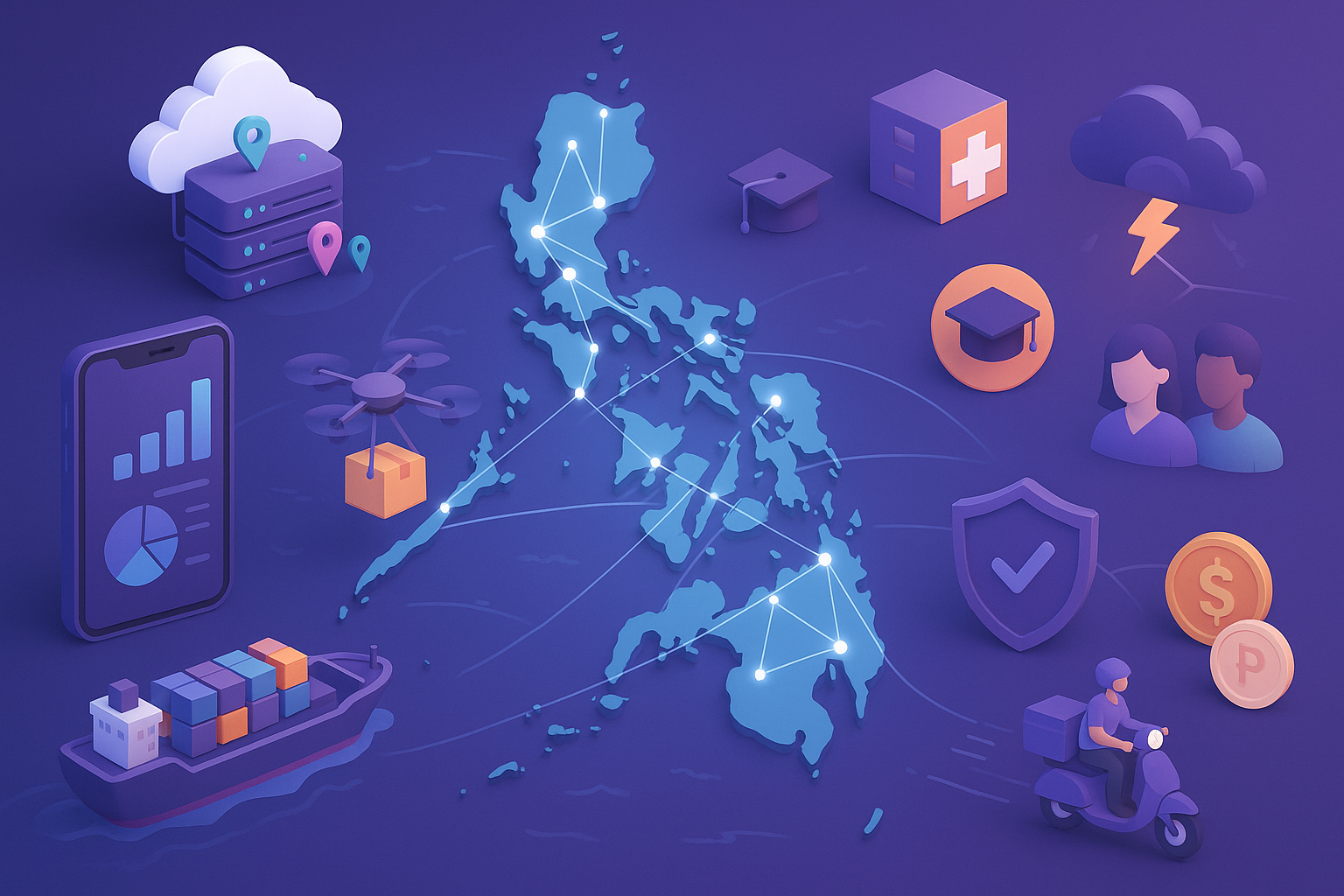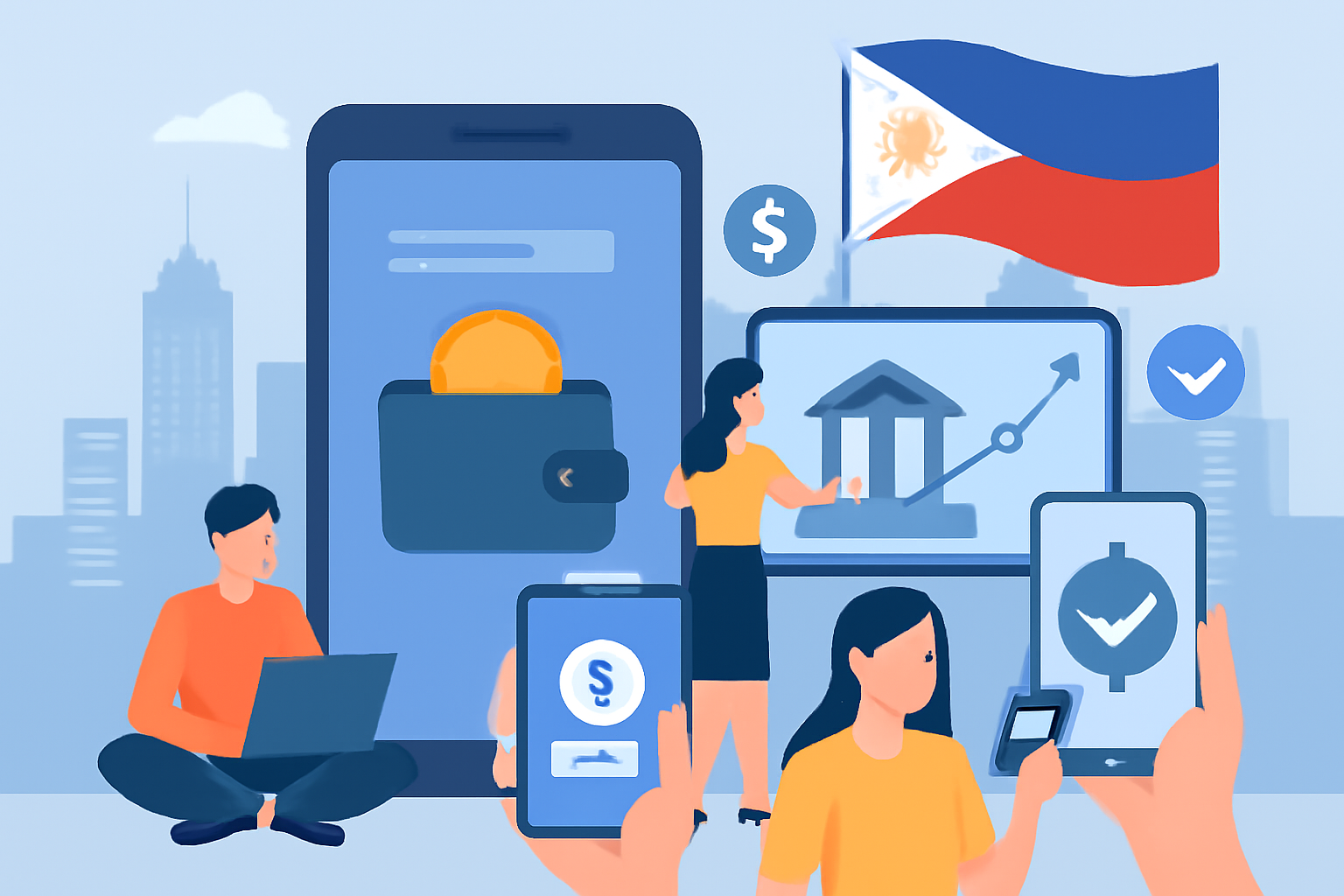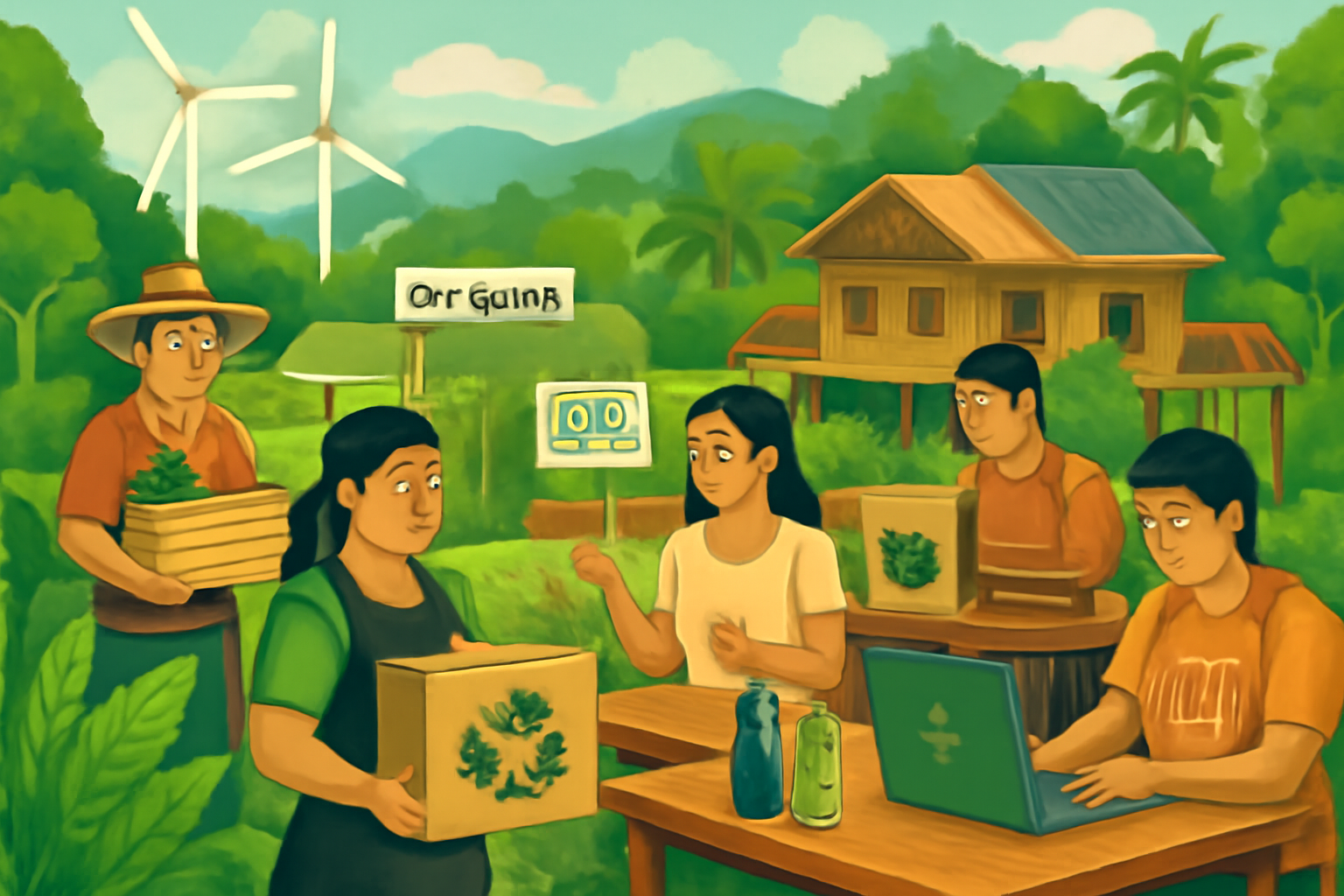The startup ecosystem in the Philippines has rapidly expanded over the past decade. Young, dynamic entrepreneurs are turning innovative ideas into successful businesses, contributing to the country’s economic development. This article delves into some of the most promising startups in the Philippines, shedding light on their success stories and the challenges they face.
Success Stories of Promising Startups
- GOMO (Globe Telecom)
GOMO is an innovative mobile service launched by Globe Telecom. It provides a flexible, data-centric mobile plan with no lock-in period, which is a fresh departure from traditional mobile services. GOMO allows users to manage their plans without the constraints of traditional contracts, making it incredibly appealing to the tech-savvy, young Filipino demographic. - PayMongo
A payments platform, PayMongo has become a vital tool for businesses in the Philippines that need to accept payments online. In a country where e-commerce is rapidly growing, PayMongo offers an easy-to-integrate solution for businesses to facilitate online payments. Its success can be attributed to its simple user interface, reliable service, and its ability to tap into the rapidly expanding fintech industry in the Philippines. - Zalora Philippines
As part of the Southeast Asian e-commerce giant, Zalora Philippines is a leading online retailer specializing in fashion, beauty products, and lifestyle items. The company’s success stems from a well-developed online platform and a deep understanding of the Filipino market. Zalora’s investment in digital marketing and user experience has made it a preferred choice for many consumers.
Challenges Faced by Startups
While these startups are flourishing, they are not immune to challenges. The most significant challenge facing startups in the Philippines is the lack of access to venture capital. Many entrepreneurs find it difficult to secure funding, and this limits their potential for growth.
Another hurdle is the lack of skilled talent. Although the Philippines has a large pool of talented professionals, the demand for highly skilled workers in technology, marketing, and business development often exceeds supply. This creates a competitive market for talent, leading to higher recruitment costs.
Lastly, regulatory issues remain a concern for many startups. Navigating through complex government policies and securing necessary permits can be time-consuming, especially for startups with limited resources.
Conclusion
Despite these challenges, the Philippines continues to be a hotspot for promising startups. With supportive government initiatives, an increasing number of venture capitalists, and a growing demand for tech solutions, the future for Filipino startups looks bright. Entrepreneurs in the Philippines are well-positioned to capitalize on both local and international markets.













